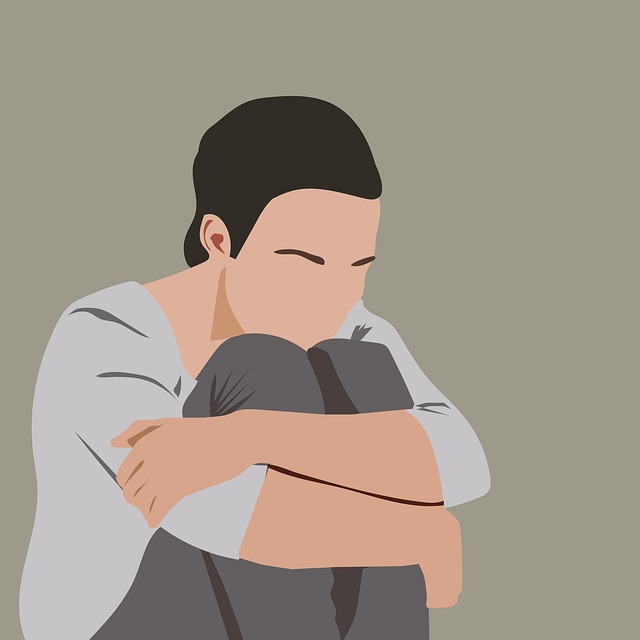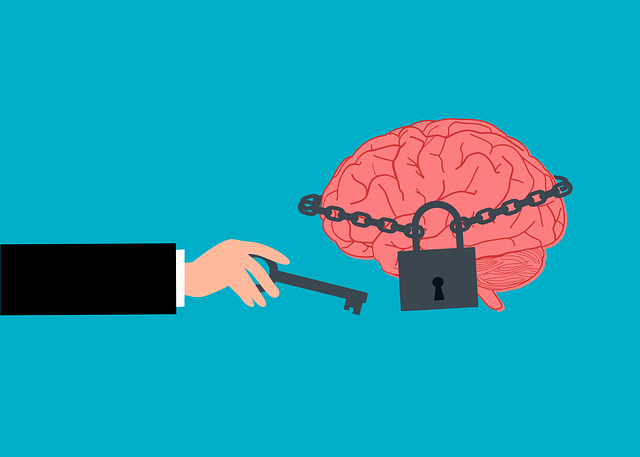Longmont Autism Spectrum Disorder (ASD) Therapy focuses on building resilience through holistic practices, such as the RFM Model. This model emphasizes resourcefulness, flexibility, and mastery, using self-awareness exercises and communication strategies to enhance skills. Stress management workshops promote emotional well-being and adaptability. By integrating Resilience, Flexibility, and Mindfulness (RFM) into daily routines, this approach improves coping mechanisms, decision-making, and adaptive behaviors, ultimately enhancing the quality of life for individuals with ASD in Longmont therapy programs.
“Resilience is a key component of successful therapy for individuals on the autism spectrum, particularly in Longmont autism spectrum disorder (ASD) treatment. This article explores how the RFM (Resourcefulness, Flexibility, and Mastery) model empowers individuals with ASD to build resilience. We’ll delve into practical exercises and strategies that integrate RFM into daily routines, enhancing coping mechanisms and fostering adaptability. By understanding resilience as a cornerstone of Longmont ASD therapy, we can optimize support for these unique individuals.”
- Understanding Resilience: The Cornerstone of Longmont Autism Spectrum Disorder Therapy
- RFM (Resourcefulness, Flexibility, and Mastery) Model: A Framework for Building Resilience
- Practical Exercises to Enhance Resilience in Individuals with ASD
- Integrating RFM into Daily Routines: Strategies for Longmont Autism Spectrum Disorder Therapy Success
Understanding Resilience: The Cornerstone of Longmont Autism Spectrum Disorder Therapy

Resilience is a cornerstone of effective therapy for individuals on the Autism Spectrum Disorder (ASD) spectrum in Longmont, CO. Understanding and cultivating resilience allows therapists to empower their clients to navigate challenges and lead fulfilling lives. The ability to bounce back from setbacks and adapt to change is crucial for overall well-being and can significantly impact a person’s quality of life.
Longmont Autism Spectrum Disorder Therapy focuses on integrating self-care practices and burnout prevention strategies for healthcare providers into the treatment plan. By encouraging positive thinking and fostering a sense of resilience, individuals with ASD can develop coping mechanisms to handle stressful situations. This approach not only enhances their ability to manage symptoms but also promotes overall mental health and personal growth.
RFM (Resourcefulness, Flexibility, and Mastery) Model: A Framework for Building Resilience

The RFM Model—a powerful framework for fostering resilience—is transforming the way Longmont Autism Spectrum Disorder Therapy approaches support and development. This innovative model focuses on three key pillars: Resourcefulness, Flexibility, and Mastery. By integrating self-awareness exercises designed to enhance individual skills and strengths, this strategy equips individuals with effective communication strategies to navigate challenges. Furthermore, stress management workshops within the RFM Model encourage a proactive approach to emotional well-being, fostering a sense of control and adaptability. This holistic method not only empowers those on the autism spectrum but also serves as a valuable resource for any individual seeking to build resilience in today’s complex world.
Practical Exercises to Enhance Resilience in Individuals with ASD

Building resilience is an essential aspect of therapy for individuals on the Autism Spectrum Disorder (ASD) spectrum, aiming to foster coping strategies and promote overall well-being. At our Longmont Autism Spectrum Disorder Therapy center, we emphasize practical exercises tailored to enhance resilience in a supportive environment. These exercises focus on cultivating inner strength and developing effective mechanisms to navigate life’s challenges.
Our approach involves a range of activities designed to prevent burnout and strengthen mental health. Through structured interventions, clients learn to recognize and manage their emotions, improve decision-making skills, and build adaptive behaviors. By integrating these strategies into daily routines, individuals with ASD can better cope with stressful situations, fostering a sense of control and empowerment. This holistic approach not only supports the individual but also equips mental health professionals with valuable tools for risk assessment and effective treatment planning.
Integrating RFM into Daily Routines: Strategies for Longmont Autism Spectrum Disorder Therapy Success

Integrating RFM (Resilience, Flexibility, and Mindfulness) into daily routines is a powerful strategy for Longmont Autism Spectrum Disorder (ASD) therapy success. By fostering mental health awareness and promoting mental wellness, RFM exercises can enhance empathy building strategies used by therapists. Simple practices like mindful breathing, adaptive physical activities, and structured planning sessions can be seamlessly incorporated into the day, providing consistent support for individuals navigating ASD challenges.
These strategies not only improve coping mechanisms but also strengthen overall resilience. For instance, regular mindfulness exercises help individuals recognize and manage emotional triggers more effectively. Similarly, flexibility training encourages problem-solving skills and adaptability in changing environments, thereby boosting confidence and self-esteem. By integrating RFM into their routines, Longmont ASD therapy programs can offer holistic care that addresses both the mind and body, ultimately enhancing the quality of life for those on the spectrum.
The RFM model offers a comprehensive approach to enhancing resilience in individuals with autism spectrum disorder (ASD) through fostering resourcefulness, flexibility, and mastery. By integrating practical exercises into daily routines, therapists in Longmont ASD therapy can significantly improve clients’ ability to navigate challenges and thrive. This tailored strategy not only strengthens their coping mechanisms but also enriches their overall quality of life.














